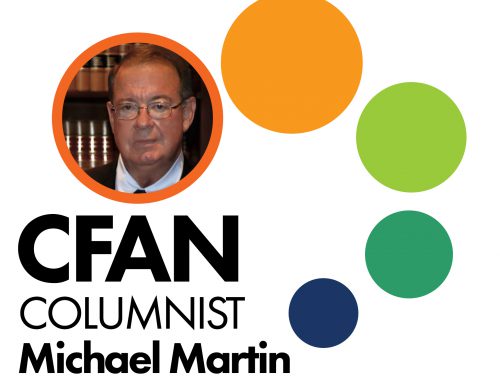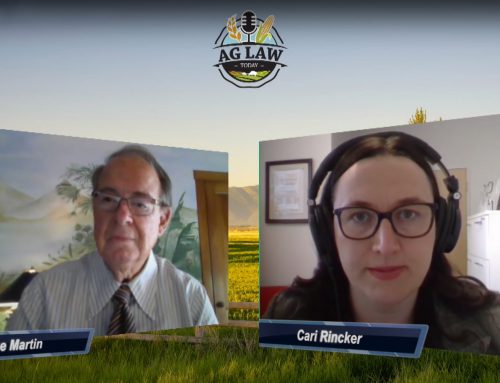Sharing your successes is important in business. It strengthens your relationship with your clients and allows your team to celebrate their accomplishments. We’ve had a recent success that I thought might be interesting for our readers. It involves a Phoenix potato farmer I represent.
What you may already know is that most vegetable plants start from a seed. Many seeds are grown in the U.S. but also in foreign countries like Taiwan and Chili. Often, the seeds are created from hybrids, where pollinators take pollen from the male plant and by hand-pollinate the female plant. It’s a complex and pretty extraordinary process. The seeds come to the U.S. and sometimes they bring with them diseases that don’t manifest until it is near harvest time. Watermelon is known to carry fruit blotch, which resembles acne. Cabbage is known for black rot, which turns the cabbage black. Potatoes can carry bacterial ring rot.
Our client in Phoenix lost a tremendous amount of his potato crop because of bacterial ring rot. The loss then escalated because the land had to sit fallow for two years, until there was no longer any risk of contamination for future crops. Our Phoenix farmer purchased the seed potatoes from Fargo, ND, and so we turned to this farm to recover the loss. At first, a federal judge in the North Dakota court system entered a ruling stating we didn’t have a case against the Fargo farm for more than the price of the seed. Our team was faced with the challenge of providing clear and compelling evidence to the contrary. In the space of one year, however, the judge made a 180 degree turn. He reversed his decision.
We accomplished this by proving that the warehouse where the seed was stored at the Fargo farm could have been contaminated with bacteria ring rot. Through photos and other evidence, we showed the judge proof of the highly unsanitary conditions and compared them to successful seed storage processes.
This case has been a challenge and as attorneys it’s our job to educate the jury and the judge. We have the experience relevant to our field of practice. In this case, the farmer’s insurance company originally denied the claim because of a seed exclusion in the policy. But we are moving forward. We have scheduled mediation in June and if we can’t reach an agreement, we’ll go to trial in July.


